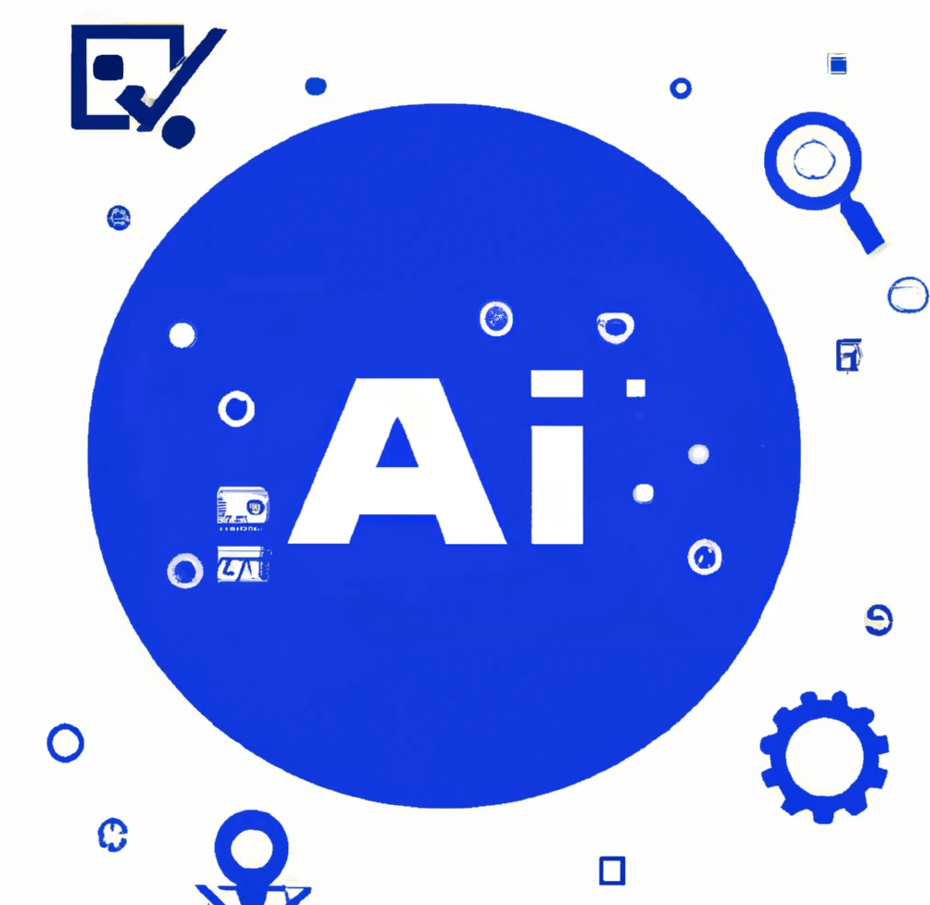Table of Contents:
1.Introduction
2.AI’s Impact on Complex Project Management
3.Top AI Tools for Complex Project Management
4.Conclusion
5.Frequently Asked Questions
Introductions
Project management is a dynamic field where success hinges on meticulous planning, resource allocation, and effective communication. Handling complex projects has always been a daunting task, but the emergence of artificial intelligence (AI) is changing the game. In this blog, we’ll explore how AI is reshaping project management for complex endeavors and introduce you to some of the best AI tools for the job.
AI’s Impact on Complex Project Management
Complex projects often involve multiple teams, intricate timelines, and a multitude of variables that can challenge even the most seasoned project managers. Here’s how AI is revolutionizing project management for such scenarios:
1. Data-Driven Decision-Making:
AI excels at processing vast amounts of data quickly and accurately. In project management, this means more informed decisions. AI algorithms analyze historical project data, current progress, and external factors to provide insights that help project managers make data-driven choices.
2. Predictive Analytics:
AI-powered predictive analytics is a game-changer for risk management. By identifying patterns and trends in past projects and external data, AI can predict potential risks and bottlenecks. This allows project teams to proactively address issues and keep projects on course.
3. Resource Optimization:
AI algorithms analyze resource availability, skills, and project requirements to optimize resource allocation. This ensures that the right team members are assigned to the right tasks at the right time, leading to cost savings and improved timelines.
4. Task Automation:
AI streamlines routine tasks, such as scheduling, reporting, and progress tracking, reducing the administrative burden on project managers. This allows them to focus on strategic aspects of project management.
5. Communication Enhancement:
Effective communication is key to project success. Natural Language Processing (NLP) AI tools can analyze project-related communication to identify potential conflicts and misunderstandings. They can also provide automated summaries of meetings and discussions, keeping everyone on the same page.
6. Stakeholder Engagement:
Chatbots powered by AI can enhance stakeholder engagement by providing quick responses to common queries and facilitating communication among team members. They can also assist in onboarding new team members by providing them with relevant project information.
7. Real-time Progress Tracking:
AI tools offer real-time tracking of tasks and project progress. They can flag bottlenecks, delays, or resource shortages, enabling project managers to take timely corrective actions.
8. Advanced Reporting and Visualization:
AI can generate advanced reports and visualizations that provide a comprehensive view of project performance. These reports often include predictive analytics, resource utilization, budget tracking, and other critical insights, making complex data more accessible to stakeholders.
Read here-https://agrimsuperai.com/web-stories/ai-in-architecture-partner-or-challenger-to-human-designers/
9. Integration with Existing Tools:
Many AI-powered project management tools are designed to integrate seamlessly with existing software and platforms. This means teams can harness AI’s capabilities without disrupting their established workflows.
Top AI Tools for Complex Project Management
Now that we’ve explored AI’s potential impact on project management, let’s introduce some of the best AI tools for the job:
- Trello with Butler: Combining Trello’s user-friendly interface with AI-powered automation features through Butler, this tool excels in task automation and process streamlining.
- Monday.com: Offering AI-powered features like time tracking, workload management, and automation, Monday.com is a versatile choice for project management.
- Asana: Asana incorporates AI to automate task assignments, prioritize work, and provide insights into team productivity.
- Smartsheet: Smartsheet employs AI for resource management, automated workflows, and project health tracking.
- Wrike: Wrike’s AI features include resource allocation, task prioritization, and predictive analytics for project planning.
conclusion
AI is ushering in a new era of project management for complex endeavors. Its data-driven insights, task automation, and resource optimization capabilities are invaluable for tackling intricate projects successfully. When selecting an AI tool for project management, consider your project’s specific needs and how the tool can seamlessly integrate into your existing workflows. As AI continues to evolve, project managers have a powerful ally in their quest for efficient and successful project outcomes.
Frequently Asked Questions:
Q.How AI is revolutionizing project management?
Ans.AI Enhances Risk Management
AI and predictive analytics empower project teams with data-driven capabilities for superior risk management. Using techniques like regression analysis and machine learning algorithms, AI analyzes historical project data to discover correlations between risk factors and outcomes.
Q.How does AI affect the management of complex projects?
Q.What is an example of AI in project management?
Q.What is the use case of AI in project management?
